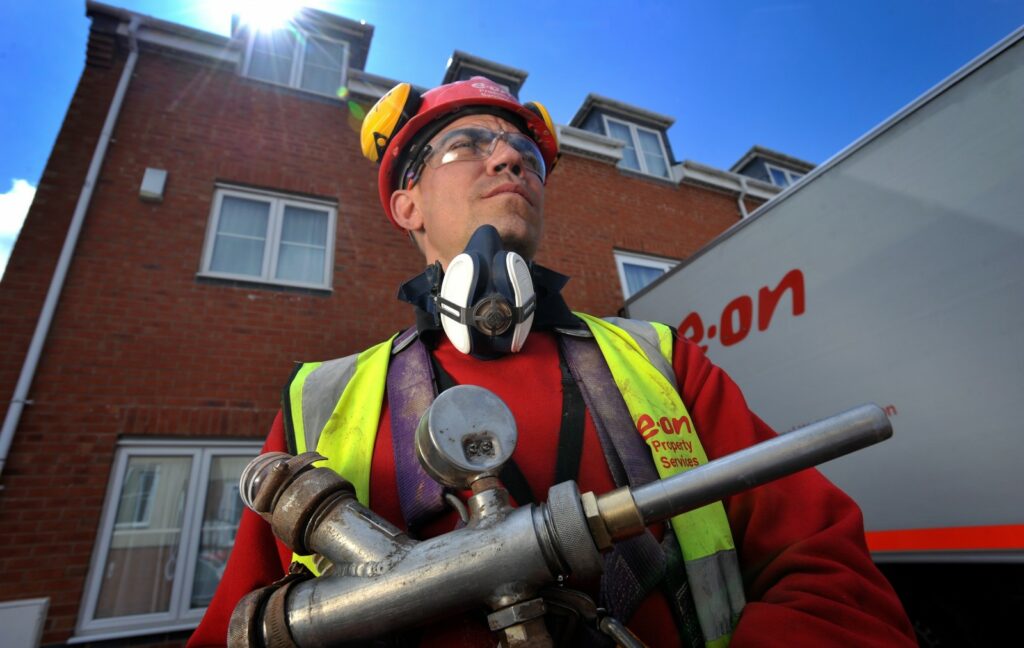The UK government has announced plans to increase spending on its Energy Company Obligation (ECO) to £1 billion per year until 2026 with the aim of increasing energy efficiency for low income and vulnerable households.
Unveiling its Fuel Strategy Policy for England on 11 February, the government pledged to spend £60 million to retrofit social housing and £150 million in the Home Upgrade Grant, while also expanding ECO to enable larger energy suppliers to install efficiency measures. From 2022, the annual ECO spending commitment is also expected to increase 56% from £640 million to £1 billion. The policy states that this commitment is “designed to align with other domestic energy efficiency policies in social housing and the private rented sector.
“In England,” it said, “we intend for ECO to primarily focus on insulating the worst-quality homes and improving them as close to an EPC as is cost effective and suitable for the property.”
First introduced in 2013, the ECO is an energy efficiency scheme that places legal obligations on larger energy suppliers to deliver energy efficiency measures to households in the UK, which focuses on insulation and heating measures and is intended to support vulnerable people.
The government has made some additional key changes to the scheme following a consultation with suppliers, academics and policy makers, including requiring ECO suppliers to gain TrustMark certification.
Where relevant, the government said that ECO installers are now required to be registered with TrustMark, which it is hoped will “raise standards and improve confidence in the energy efficiency industry.” Similarly all suppliers involved in the government’s Green Homes Grant must be registered with TrustMark.
Following the consultation, the government concluded that it would also plan a “successor” to the ECO scheme, and that more needs to be done to ensure that fuel efficiency schemes such as ECO are better targeted to those living with fuel poverty.
“The targeting of both ECO and the Warm Home Discount can and should improve over the coming years,” consultation said.
“Should the scheme be extended beyond 2022, we plan to consult on reforming the Warm Home Discount, including on how eligibility criteria could be reformed to better help those in fuel poverty by early 2021.”
Daniel Alchin, Energy UK’s deputy director for retail, called the latest Fuel Poverty Strategy update a “step in the right direction” which underlines mutual benefits to implementing energy efficiency measures that can tackle fuel poverty “while also contributing to reaching our climate change targets.
Alchin said he “welcomed” new measures outlined by the government, including an updated definition of “fuel poor” and the focus on retaining statuary targets, but warned the updates did not yet do enough to “ensure the costs of meeting these targets do not fall disproportionately on the fuel poor, given that schemes like the Energy Companies Obligation are funded by levies on energy bills.”






